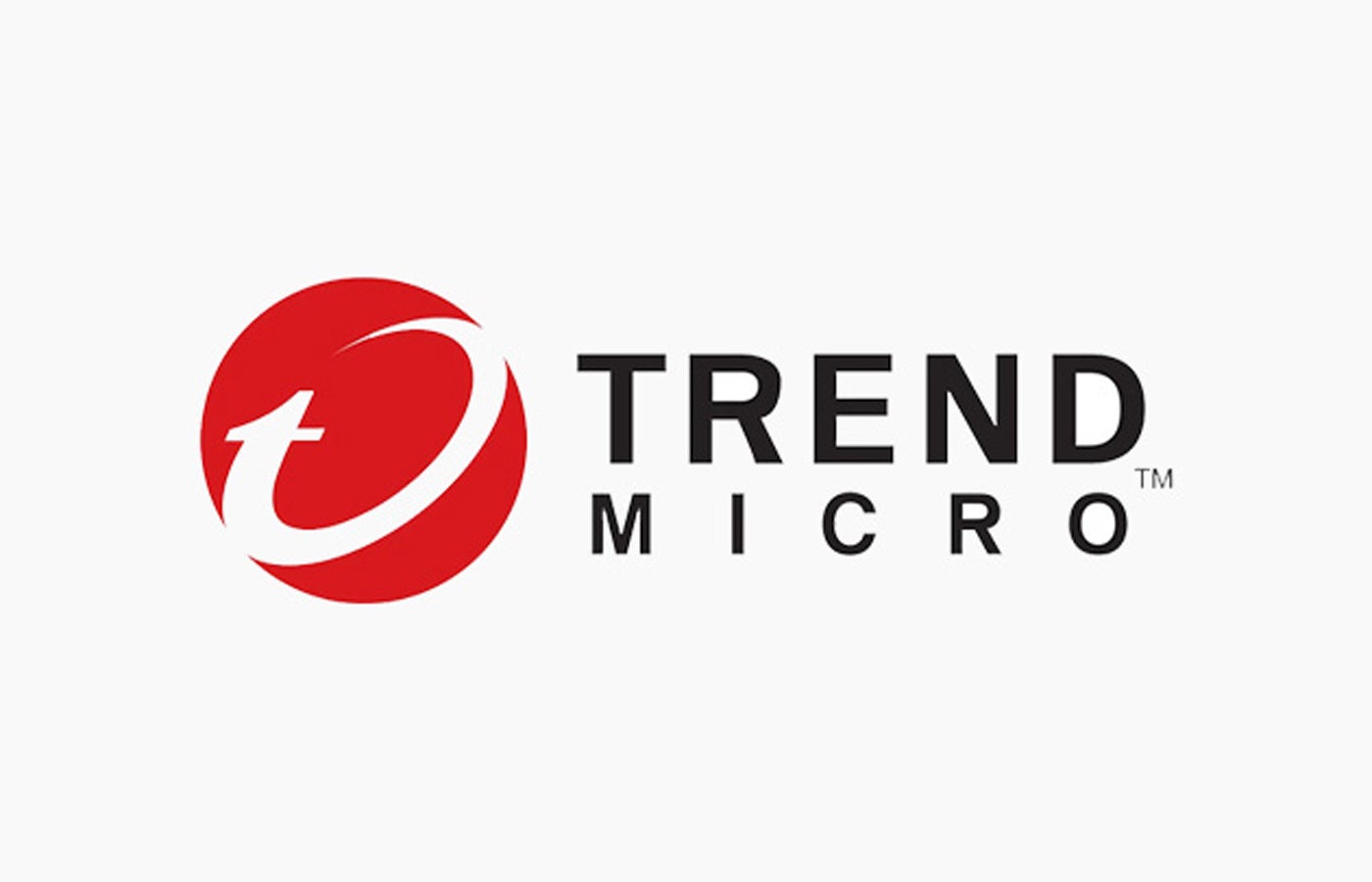Despite the majority of businesses claiming to have well-defined consumer data privacy policies that are strictly applied, over three in five US and Canadian companies do not inform customers that they allow tracking code from third-party services on their websites.
Americans are becoming increasingly concerned with, and distrustful of, how companies use, manage, and protect their personal data.
Apple is cracking down on apps that track users without their permission, but new survey data shows this type of consumer data privacy abuse is also happening within the enterprise tech space.
Austin, TX-based productivity and collaboration apps provider Zoho surveyed 1,416 individuals across the United States and Canada in November 2020.
Participants of the study included a range of business leaders from manager roles to the C-level at small and large enterprises across a variety of industries.
Zoho wanted to find out their use of tracking software and consumer data privacy policies, and how frequently information is captured that is lucrative for advertisers.
The findings show how frequently unethical data collection tactics are used without consumer knowledge to capture information — especially in the B2B space.
It discovered that three in five (62%) of businesses do not inform customers about third-party ad trackers collecting their data.
Almost three in four (72%) B2B respondents do not inform customers about third-party ad trackers, compared to 58% of B2C respondents
More surprisingly the survey uncovered that third-party ad tracking is ubiquitous. All respondents (100%) said their companies allow it, and almost three in five (57%) are “comfortable” or “very comfortable” with the way third-parties use customer data.
This business practice is also true in California, the only US state which has a consumer data privacy law.
Almost seven in ten (70%) of California companies do not inform customers that they allow third-party ad trackers on their websites, yet 56% say their company has a well-defined, documented policy for customer data privacy that is strictly applied.
The findings also show businesses that depend on third-party ad platforms to drive sales are more likely to be comfortable with how third parties use the data.
Over one in three businesses (36%) said that third-party ad platforms are the primary factor in their ability to meet sales goals.
The same group was nearly four times more likely to say they were “very comfortable” with how third-party ad platforms use data they collect
Companies that said ad platforms are not a factor in meeting sales goals were almost five times more likely to know that some software automatically installs third-party tracking code onto its website
Raju Vegesna, Chief Evangelist at Zoho. said: “If you’re using a free service, you’re paying for it with your data. That includes free B2B software and mobile apps you might be using, and we need companies to be transparent with customers about how they track users.”
Americans are keen to share social security, financial and medical information — if they believe it is to help others — but helping companies close deals might not be what they had in mind.
We are so keen to have a frictionless and personalised experience with websites that we freely allow them to take our valuable information.
Perhaps more websites should compensate consumers for the use of their personal data — or leave their data alone — unless it is explicitly granted with full knowledge of both parties.




